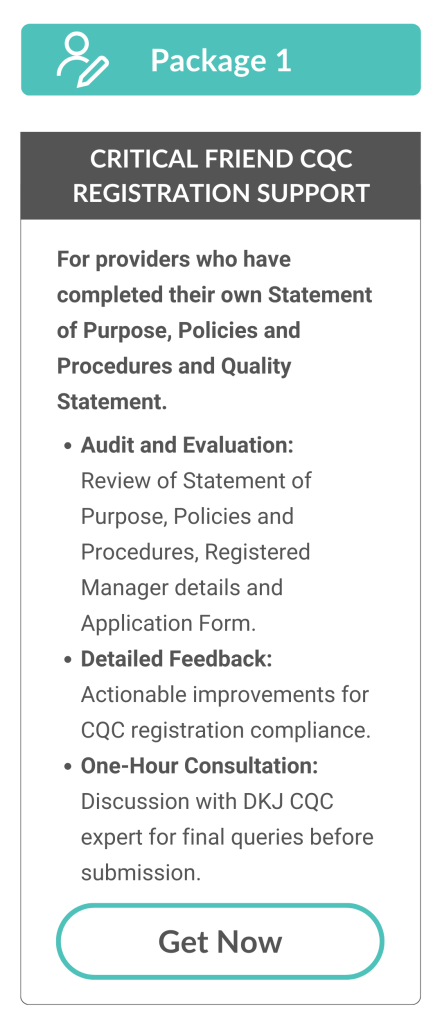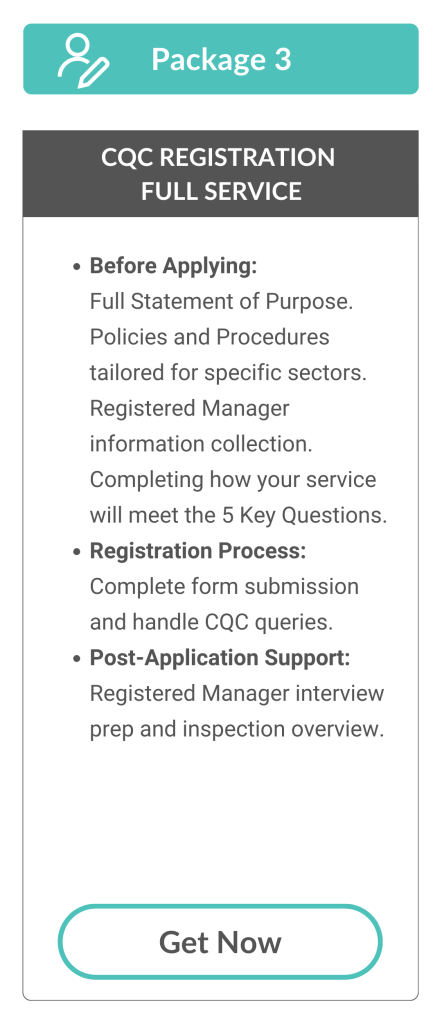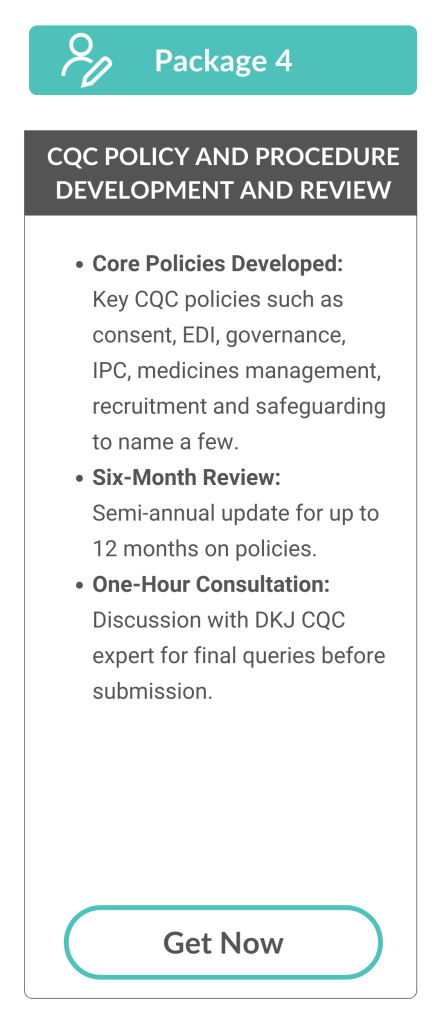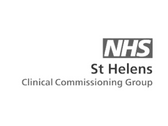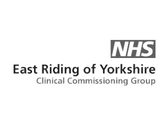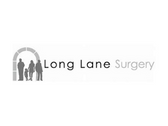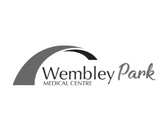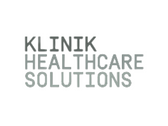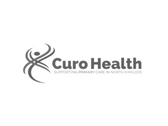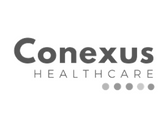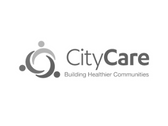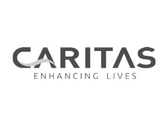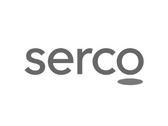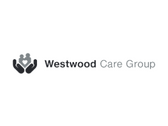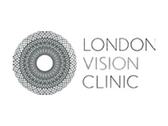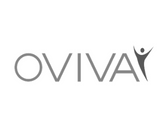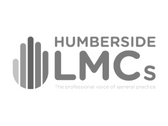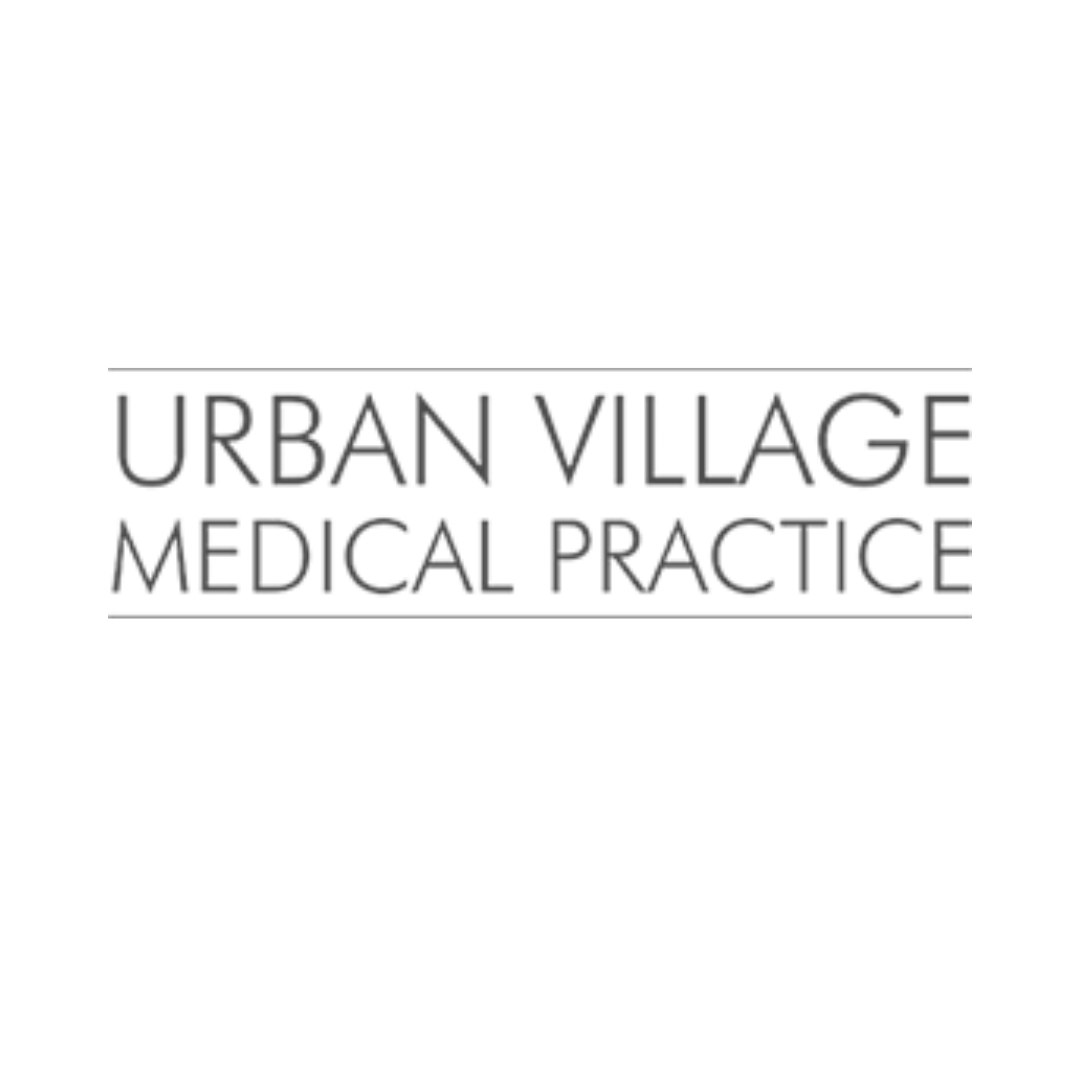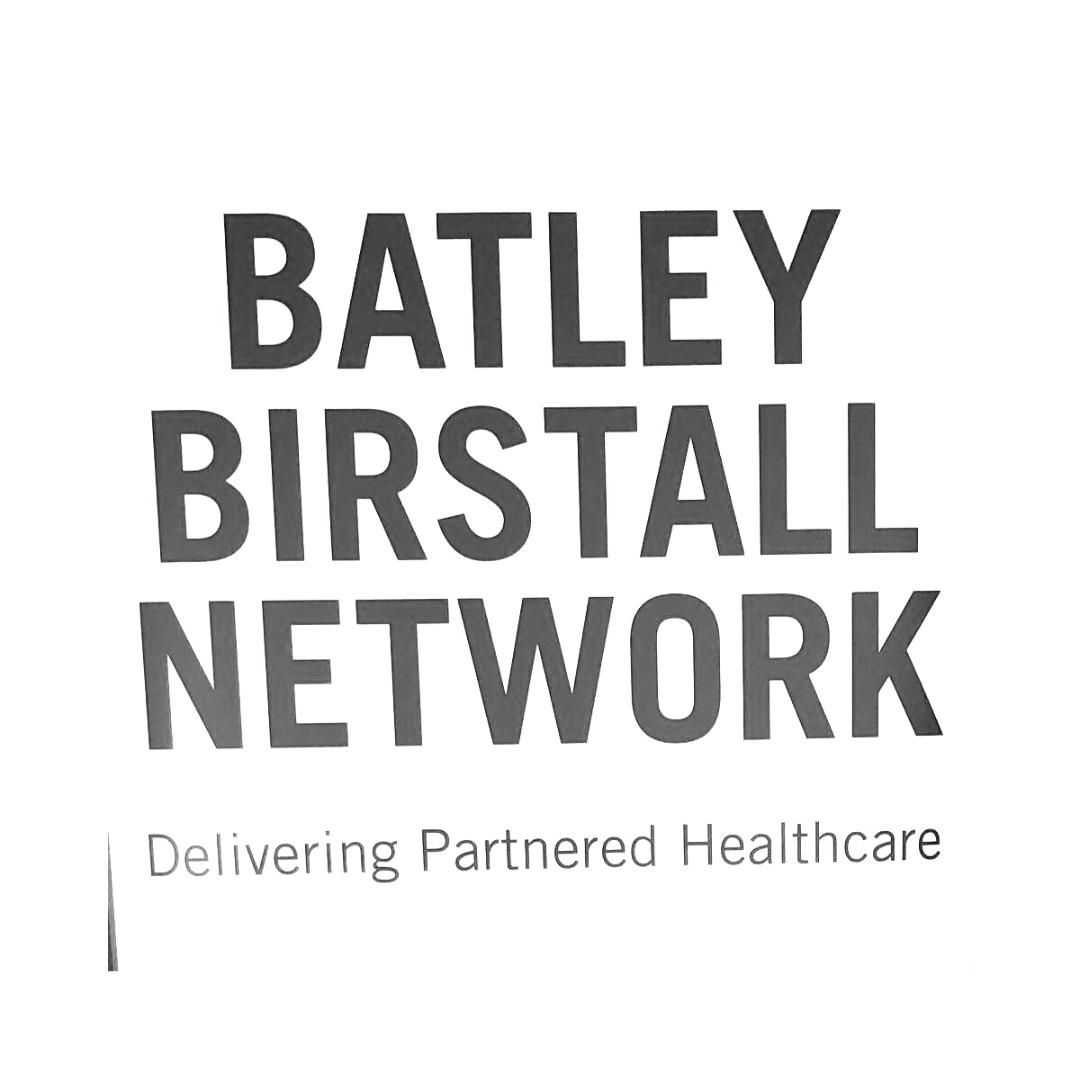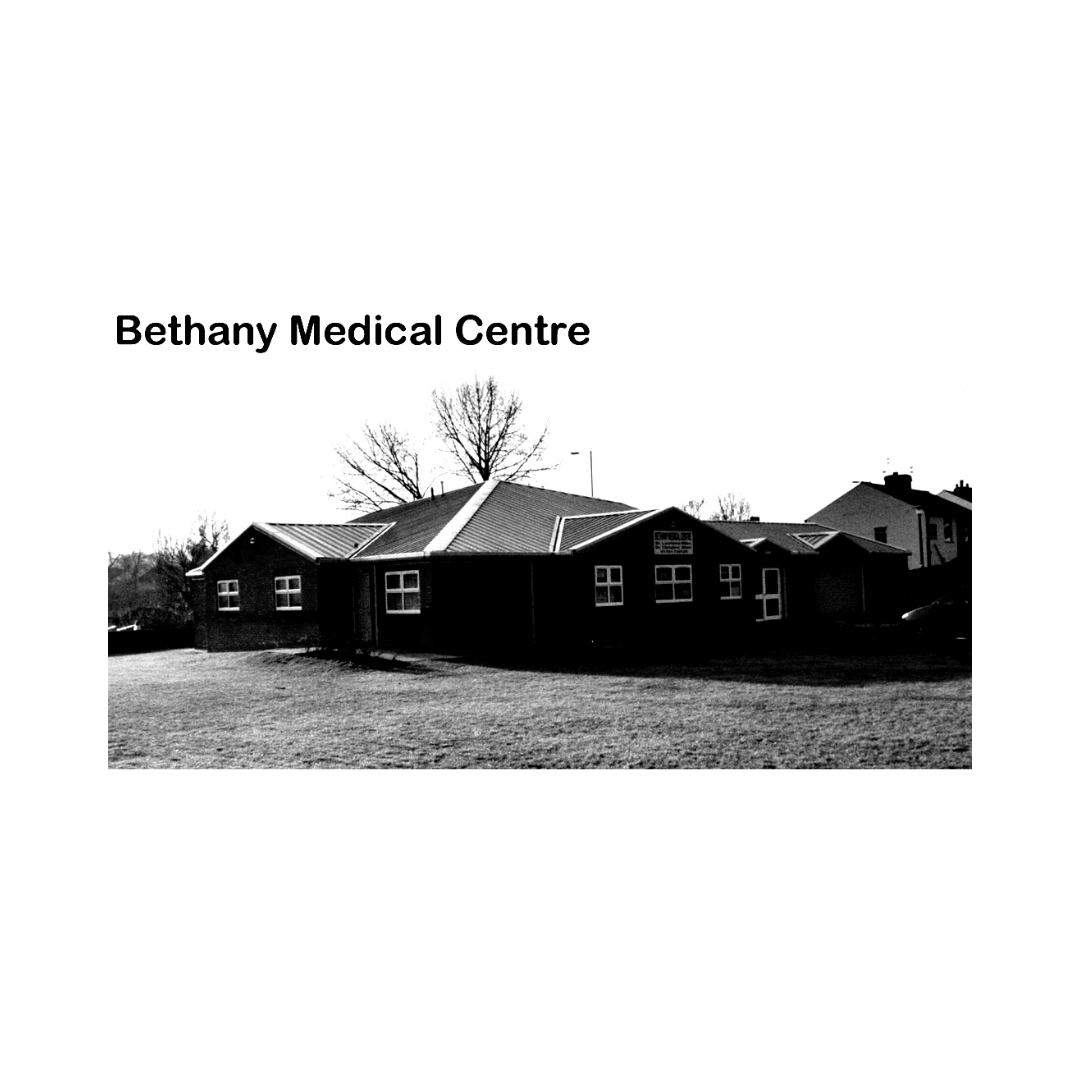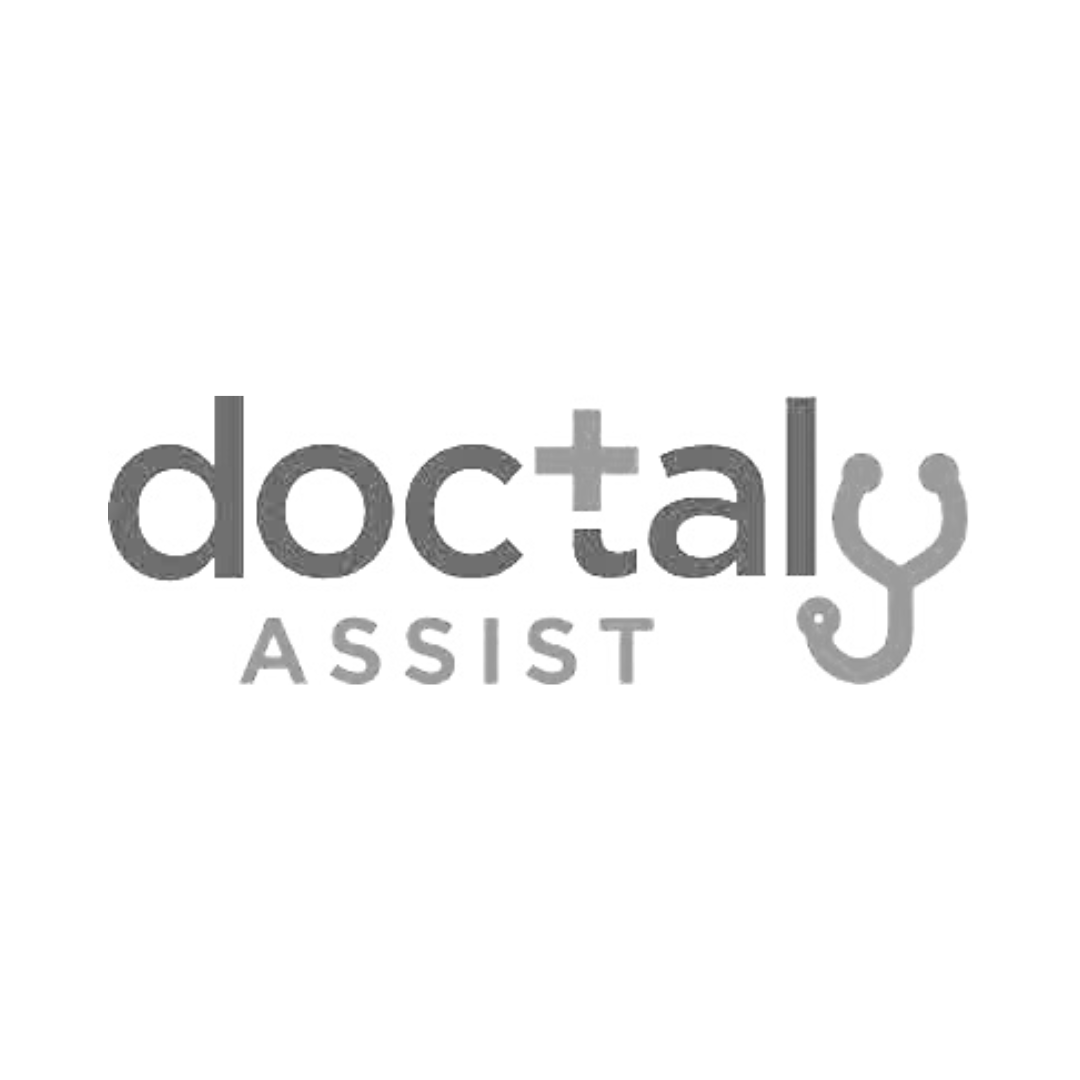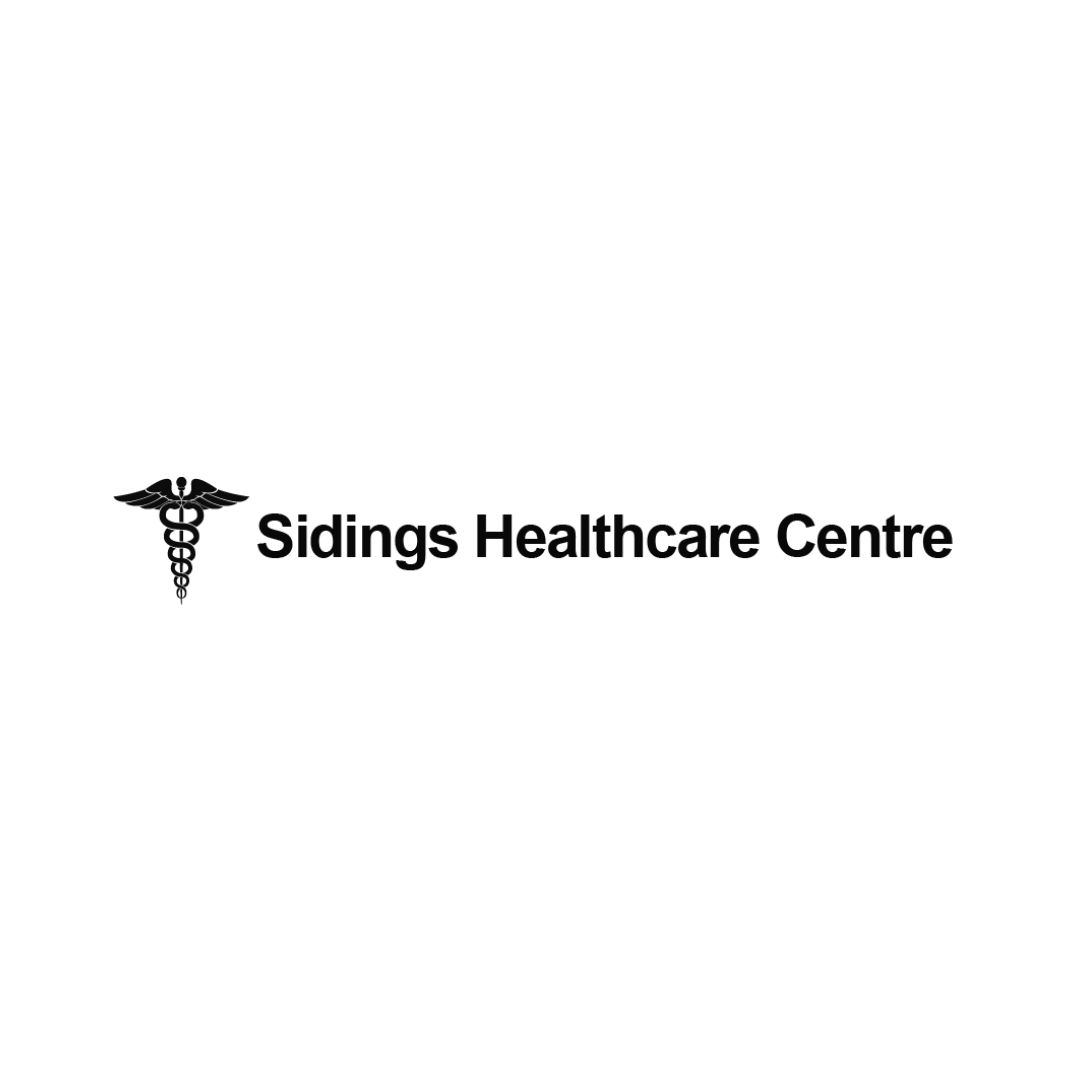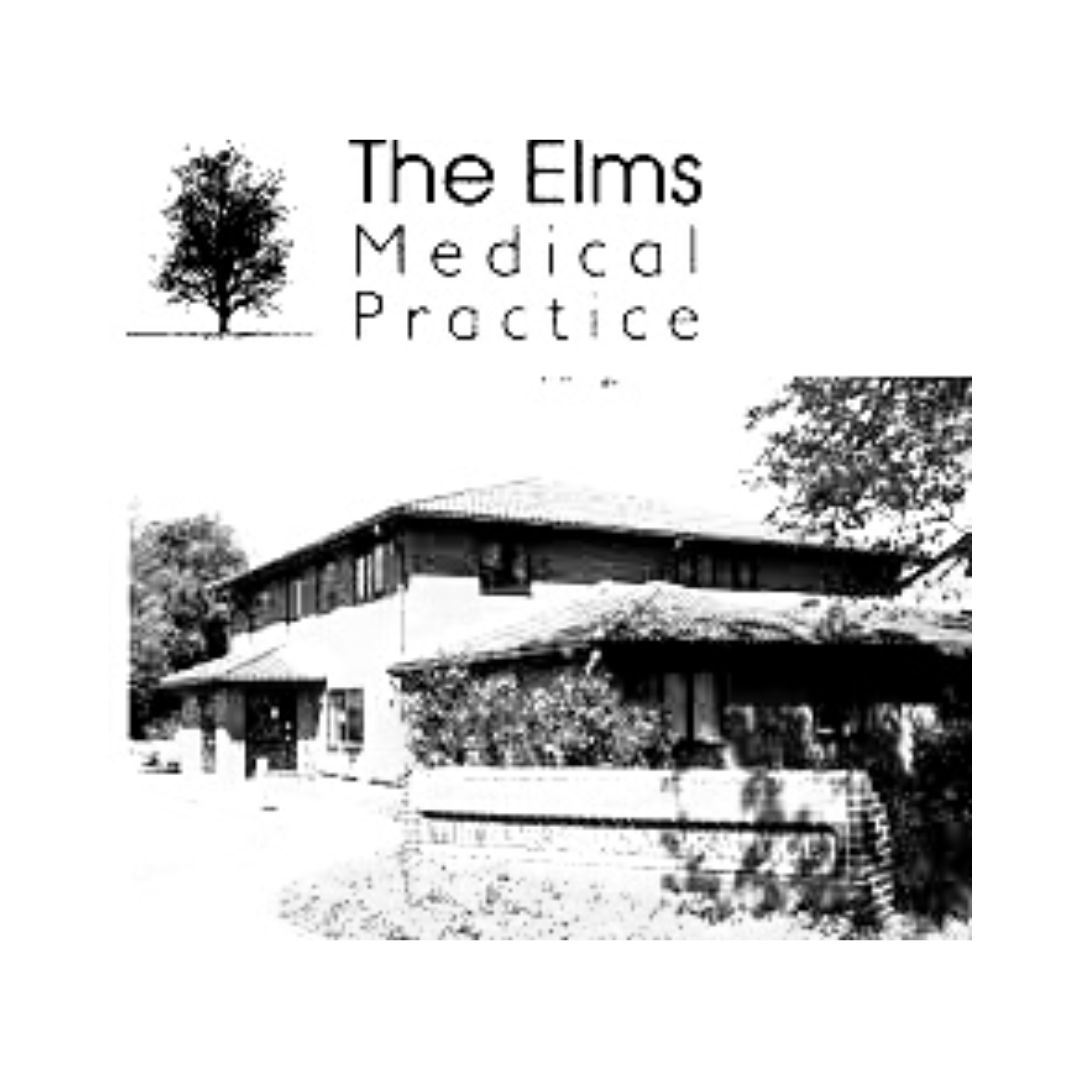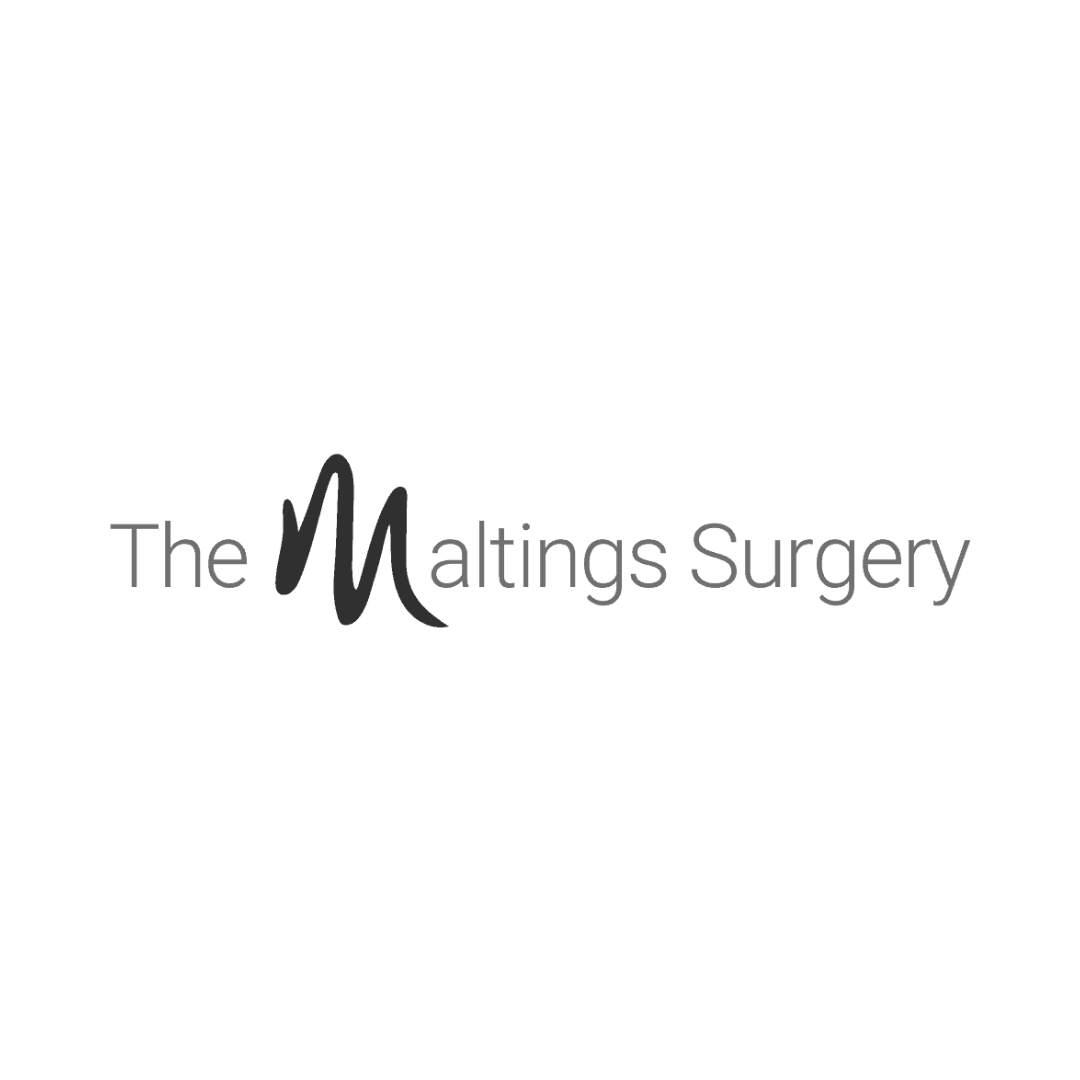CQC Compliance and Registration for Aesthetics Clinics
“Do we need to be registered with CQC as an aesthetics clinic?” is a common question we’re asked at DKJ, and for good reason, it’s not clear cut and could change at any time. Better to future-proof your business now as an aesthetics clinic owner with unsurpassed CQC compliance backup from DKJ.
Since 2014, we’ve collaborated with all sorts of aesthetics clinics including:
- Laser and skin rejuvenation clinics
- Cosmetic, botox and dermal fillers injectables clinics
- Chemical peels and skincare clinics
- Lipolysis and body sculpting clinics with non-invasive treatments
- Anti-ageing and hormone replacement therapy services.
Get the latest advice about whether you need to register with CQC right now but also prepare for when CQC registration becomes mandatory which is only a matter of time. See our Frequently Asked Questions for more details.
Making CQC Compliance Simple for Aesthetic Clinics
At DKJ, we understand that any sort of clinical compliance is more than a checklist - it's a commitment to client safety, quality, and excellence that sets you apart from your local aesthetic clinic competitors.
When the time comes to register and meet the standards set out in CQC’s Single Assessment Framework, our CQC experts will give you clear advice, zero jargon and practical hands-on support that seamlessly integrates top-tier standards with your aesthetic clinic's operations.
Tailored CQC Registration Support
Whether you need to register now or want to get ahead by doing so, DKJ is dedicated to personalising the CQC registration journey for each aesthetic clinic owner we work with.
Proactive Preparation for CQC Assessments and Inspections
CQC has changed a lot from the days of full-scale, in-person inspections with much of the CQC assessment process now done remotely and more regularly. As an aesthetics clinic, you're likely to have invested in a strong online presence, together with tons of patient feedback, so you'll have lots of the information CQC requires up front already. Still, when the time comes for your CQC assessment, it needn't be daunting. DKJ turns this necessity into a developmental sprint for aesthetic clinics focused on remarkable patient experiences through:
CQC Registration Support & Pricing Packages Expert Guidance for Compliance and Smooth Registration
Achieve CQC compliance effortlessly with our tailored support packages for every stage of your CQC registration journey.
From document audits and template provision to full registration assistance, our CQC experts help ensure your application is comprehensive, compliant, and ready for submission.
Explore our packages to find the best fit for your CQC registration needs.
CQC Package Pricing
For detailed pricing on each option, please contact DKJ directly.
Each option is offered as a one-time fee, providing streamlined support to ensure CQC registration readiness and full compliance, guided by expert insight.
FAQs about CQC Care Compliance
CQC registration is required for all providers of health and social care services in the UK. It’s a legal mandate to ensure your services meet the standards of safety, effectiveness, and quality care.
Begin by visiting the CQC website to understand the specific requirements for your service type. You’ll need to prepare detailed documentation, including a statement of purpose, 34 Quality Statements and policies surrounding your care delivery.
Common pitfalls include underestimating the thoroughness required in the application documentation, not fully understanding the applicable standards, and inadequate preparation for compliance with those standards.
Familiarise yourself with the CQC’s Key Questions and prepare evidence that demonstrates how your service meets these standards. Regular internal audits and mock inspections can also be invaluable.
This can be through a Responsive Assessment where they will assess specific Quality Statements depending on their areas of concern or a Planned Assessment based on if you are a newly registered service, have not had an inspection within the last 5 years, was previously rated as Required Improvement or Inadequate or based on national priorities for your sector. During an assessment, CQC will go through a set of questions they have based on which Quality Statements they are looking at either remotely or onsite whilst also gathering evidence from different sources for example patients, clients, staff and your leadership team to corroborate your feedback to them. After this, CQC will develop a Quality Statement score based on the different evidence they have gathered and publish a short statement on their CQC website.
Read our blog here.
Don’t panic. Review the details of the notice to understand the areas of non-compliance. Prepare an action plan outlining the steps you’ll take to address the issues, and consider seeking expert assistance.
Digital tools like Pathfinder for GP practices or other compliance management software can help organise documentation, track improvements, and ensure ongoing compliance with CQC standards.
Yes, if you believe an inspection finding is inaccurate, you can challenge it through the CQC’s fact-check procedure. You’ll need to provide evidence to support your case.
The days of not having an inspection for a few years are now over! CQC are constantly monitoring services they inspect and will contact you if they have an area of concern which results in a Responsive Assessment.
Read our blog here.
The CQC website has comprehensive resources. Additionally, professional compliance experts like DKJ can remove the guesswork and heavy lifting to offer tailored advice, training, and support services to help navigate the regulatory landscape.
FAQs on CQC for Aesthetic Clinics
The Care Quality Commission is the independent regulator of health and social care in England, ensuring health and social care services provide safe, effective, compassionate, and high-quality care.
In England, aesthetics clinics offering non-surgical procedures do not generally require registration with the CQC at the moment (November 2024).
The need for registration depends on the regulated activity (treatment) you are providing. These are defined by Health and Social Care Act 2008 (Regulated Activities) Regulations 2014 and include activities such as the treatment of disease or a disorder and prescribing. The requirement for CQC registration applies to aesthetics clinics that offer services falling under the scope of regulated activities.
The CQC website provides a useful summary of what is and what isn’t a regulated activity.
The CQC website provides a useful summary of what is and isn’t a regulated activity, however, a general rule of thumb is that CQC regulate cosmetic treatments carried out by a healthcare professional that involves surgical procedures.
For example, cosmetic surgery that involves instruments or equipment being inserted into the body. This includes breast surgery, facelifts, buttock or thigh lifts, eyelid or brow surgery, nose surgery, tummy tucks or any procedure where an implant is used, liposuction. This includes Laser lipolysis (such as Smart Lipo), refractive eye surgery or lens implant surgery and all types of thread lifting. For example, polydioxanone (PDO) and poly-L-lactic acid (PLLA) thread lifting.
CQC do not regulate all cosmetic treatments such as subcutaneous injections of muscle relaxing substances used to alter appearance, like Botox® subcutaneous injections of substances used to alter appearance, like dermal fillers chemical peels, laser and intense pulse light (IPL) treatments like hair removal or skin rejuvenation, cosmetic procedures involving cutting or inserting instruments or equipment into the body (unless the procedure is carried out by a registered healthcare professional) and thread lifting carried out by someone who is not a healthcare professional. For example, a beautician.
When Botox is used exclusively for cosmetic purposes, it is not considered a regulated activity, meaning there is no requirement to be CQC registered. However, if Botox is being used for treating diseases, disorders, or injuries, it falls under the CQC’s remit.
Yes. If you’re injecting Hyalase as a response to a complication, CQC registration is required unless it forms an insignificant part of the business.
Fillers only require CQC registration if a medic uses them to treat a disorder, injury, or disease. However, treatments purely for enhancing a patient’s appearance are exempt from CQC registration.
Each region has different regulations. In Wales, clinics offering Class 3B/4 laser and Intense Pulsed Light Sources need to register with the Health Inspectorate Wales. In Scotland, all clinics offering non-surgical treatment need to be registered with Healthcare Improvement Scotland. In Northern Ireland, it’s the Regulation and Quality Improvement Authority but only for laser or intense pulsed light cosmetic treatments.
Unless you are providing a regulated activity, there is no need to register with CQC, however, the main difference between a CQC registered clinic and one that is not is that a CQC registered clinic can provide more treatments.
CQC registered clinics are overseen and regulated by CQC allowing them to provide certain treatments that fall under more of a ‘medical’ remit than a purely ‘aesthetic’ one.
They will also operate under the CQC Key Questions ensuring compliance with the relevant regulations and standards and demonstrate a commitment to maintaining a safe and high-quality environment for patients.
Finally a CQC registered clinic will have registered medical professionals (such as doctors or nurse practitioners) who are accountable for the care provided and are subject to professional regulation.
Licensing laws might introduce minimum requirements for premises, and establishments like the CQC might be responsible for checking whether clinics meet these requirements. Many responsible aesthetic clinic owners agree this is a good thing.
Yes. Establishing practices that already meet the CQC requirements means that, if registration becomes mandatory, complying will just be part of your usual operations and won’t feel like an additional task.
